Graham Reid | | 5 min read
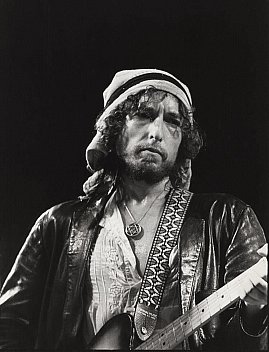
In the collective memory, Bob Dylan's Desire album of '76 comes between the exceptional Blood on the Tracks and is sandwiched between the two legs of his Rolling Thunder Review of late '75 and early '76.
Desire came out before that second (and less happy) part of the Thunder tour but he'd already taken the songs – notably Hurricane about the boxer Rubin Carter, One More Cup of Coffee and Isis – into the live set.
He would also sometimes sing Sara, his open love letter to his wife from whom he had been separated but reconciled.
If Desire is etched in the public imagination it is perhaps for the narrative of Hurricane and the searing violin of Scarlett Rivera.
But Sara is the most extraordinary song on the album in many ways.
The couple had separated but she came to the studio when Dylan was recording in New York and he sang this emotionally naked and very personal song to her as she stood on the other side of the glass. It was intense and this sole take was the one which appeared on the album.
Or else there were five takes, depends on who you read. And it wasn't about Sara if you believe Bob Dylan.
Unlike all the other songs on the album -- with the other exception of the vaguely Middle Eastern cadences of One More Cup of Coffee with Emmylou Harris – Sara was a sole Dylan composition which might explain how intimate and sentimental it was.
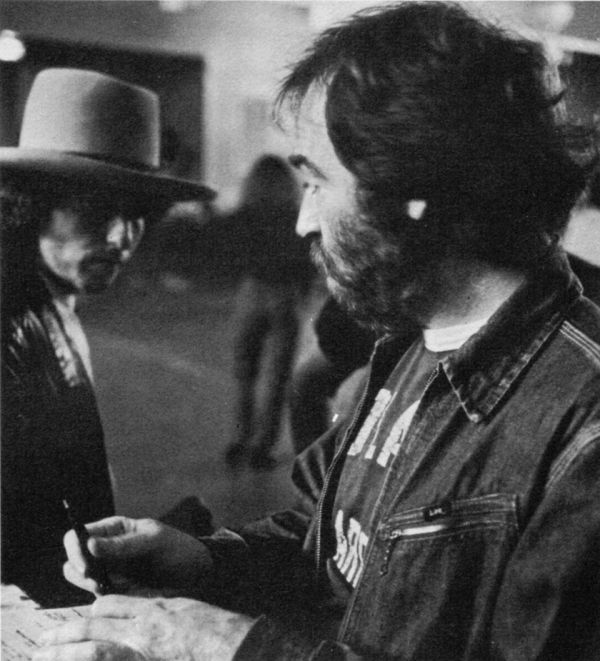 All the others were collaborations with theatre director Jacques Levy, which perhaps explains the narrative eye in Hurricane and Joey (about the mobster Joey Gallo).
All the others were collaborations with theatre director Jacques Levy, which perhaps explains the narrative eye in Hurricane and Joey (about the mobster Joey Gallo).
Hurricane opens with present tense drama and theatrical direction: “Pistol shots ring out in the barroom night. Enter Patty Valentine from the upper hall. She sees the bartender in a pool of blood, cries out, 'My God, they killed them all!' . . . “
From there on the lyrical economy conveys the story of Rubin “Hurricane” Carter who has been convicted of a crime which the song says he never committed and he could have been “the champion of the world”.
The latter is certainly in doubt: Carter was a middleweight who had lost seven of his previous 15 fights.
But in him Dylan – who seems to have solely relied on Carter's self-serving autobiography as source material – saw a victim of racism and a corrupt system (“the trial was a pig circus, he never had a chance”) and concludes, “Now all the criminals in their coats and their ties are free to drink martinis and watch the sun rise. While Rubin sits like Buddha in a ten-foot cell, an innocent man in a living hell”.
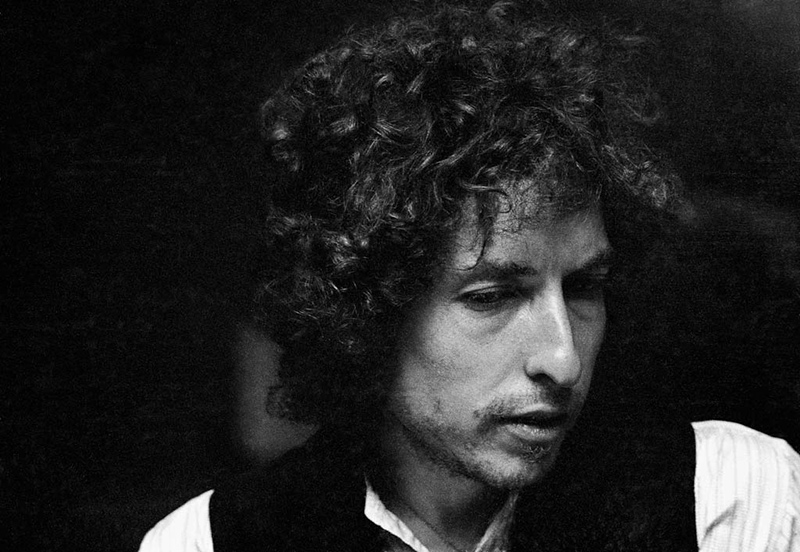 As critic Tim Riley noted in Hard Rain: A Dylan Commentary, “[Carter's] the kind of subject that seems less an inspiration to Dylan than a prop".
As critic Tim Riley noted in Hard Rain: A Dylan Commentary, “[Carter's] the kind of subject that seems less an inspiration to Dylan than a prop".
It's a great, compressed-narrative song (although it doesn't mention any of Carter's very many negative traits which were well documented) and for longtime Dylan followers who yearned for their man to engage with social issues and confront injustice, Hurricane was a return to the angry voice of a decade previous when he was dubbed “the spokesman for a generation”.
Joey was much more problematic given Joey Gallo – portrayed sympathetically, as was Carter – was a murderous Mafia thug and so the Dylan-Levy question “what made them want to come and blow you away?” would be somewhat rhetorical for most people.
An enormously laborious song to listen to, Joey elevates its subject into a kind of Italian patriarch but in truth Gallo – who had ingratiated himself to the New York show-biz elite and was known to Levy – was just a nasty, abusive, racist murderer. The whole “Mafia-chic” cachet notwithstanding.
Poor subject for sympathy, a worse song played out over a grueling 11 minutes.
Carter, Joey Gallo and the murderous outlaw John Wesley Hardin (who Dylan also mythologized as John Wesley Harding as a "friend to the poor") were just some real-life characters Dylan chose to elevate and use as cyphers rather than research. Much later he would argue that he grew up with heroes like Robin Hood and Jesse James who "kicked against the oppression and had high moral standards" . . . while acknowledging he had no idea if those people and Gallo had such stadards.
But that writing about a mobster like Gallo was picking up on the folk tradition of writing about people like the James brothers, Billy the Kid and so on.
Hmmm.
The album was buoyed up by much more interesting material like Isis which is less a narrative about the Egyptian character of the title than a story of journey with little resolution and a parable about a search. In later life Dylan would acknowledge it had a Homeric quality.
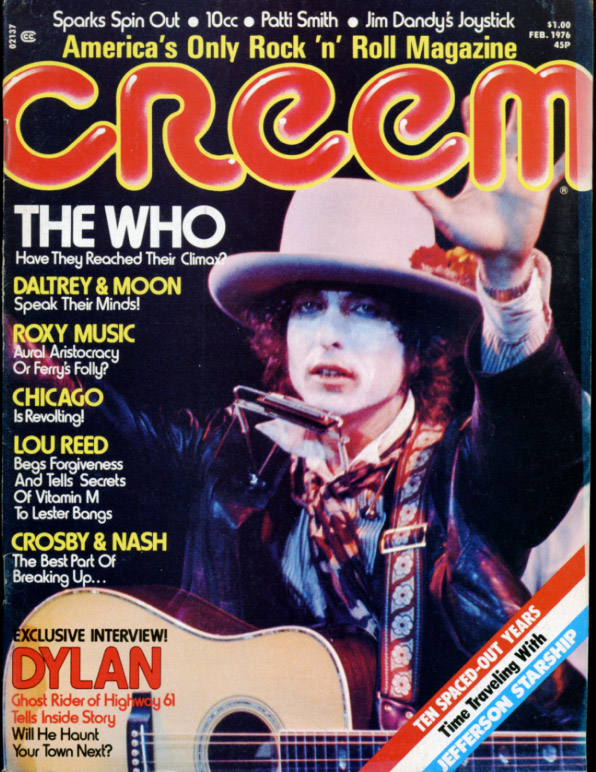 That he was attached to it is illustrated by his extraordinarily powerful performances of it on the Rolling Thunder Review, as seen in the recent Scorsese film.
That he was attached to it is illustrated by his extraordinarily powerful performances of it on the Rolling Thunder Review, as seen in the recent Scorsese film.
Black Diamond Bay is another strange one with an odd sense of resolution and enclosure. It is a kind of disaster story played out like a Thirties-era film full of loose ends and odd characters wandering through the set . . . because right at the end we learn the singer has been watching this scenario on television and it's just another “hard luck story” of the kind that is everywhere these days.
Dylan would later explore this idea of a film-as-hook much better and more confusingly in the magisterial Brownsville Girl co-written with Sam Shepard, another writer with a theatrical sensibility.
Elsewhere on Desire is the wonderful, Hispanic/Middle Eastern sound of One More Cup of Coffee, apparently inspired by Dylan's attendance at a gypsy festival in France and is a song of departure, perhaps into the Underworld. It is a gloomy-filled lyric and musical setting.
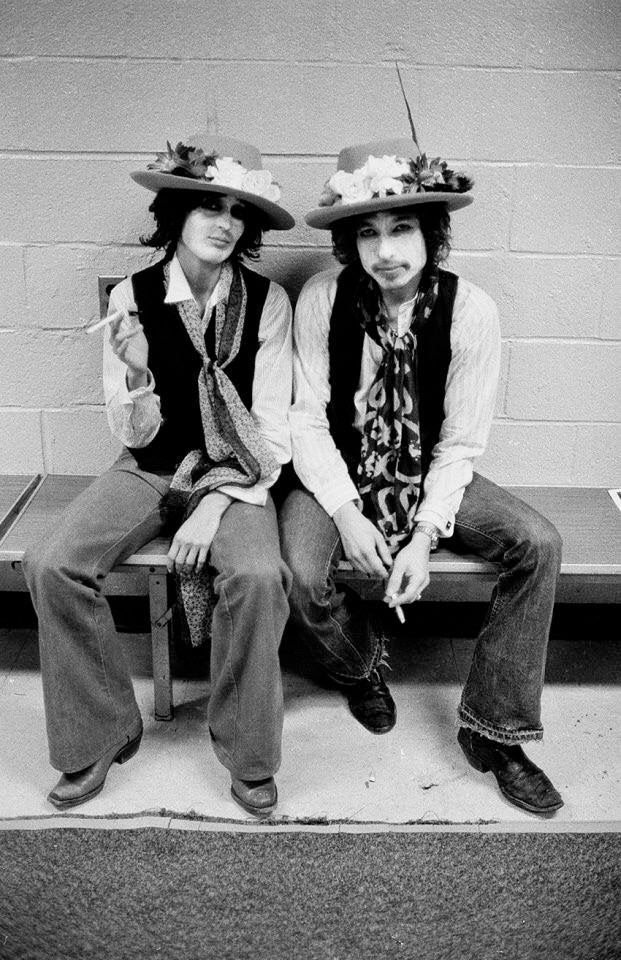 Mozambique is an easier and more breezy listen (which mostly sounds like they were trying to find rhymes for “-ique”) although the country itself was riven by civil war. And Oh Sister – seemingly addressed to Joan Baez who subsequently wrote her withering rejoinder Oh Brother (“How in the name of the Father and Son did I become your sister?”) – is fascinating in its own way, and benefits from Emmylou Harris' vocal.
Mozambique is an easier and more breezy listen (which mostly sounds like they were trying to find rhymes for “-ique”) although the country itself was riven by civil war. And Oh Sister – seemingly addressed to Joan Baez who subsequently wrote her withering rejoinder Oh Brother (“How in the name of the Father and Son did I become your sister?”) – is fascinating in its own way, and benefits from Emmylou Harris' vocal.
There's an exoticism throughout Desire's songs outside of Hurricane and Joey, not just from Rivera's violin but in the accordion, bazouki and trumpets. That shines through on Romance in Durango which is saturated in the spirit of Mexico and apparently mostly written by Levy. It is imagistic, perhaps reflecting back to the film Pat Garrett and Billy the Kid.
Despite is flaws, Desire is one of Dylan's sharpest sounding albums with some ingenious arrangements and clever lyrics which slew between the mystic and the mundane.
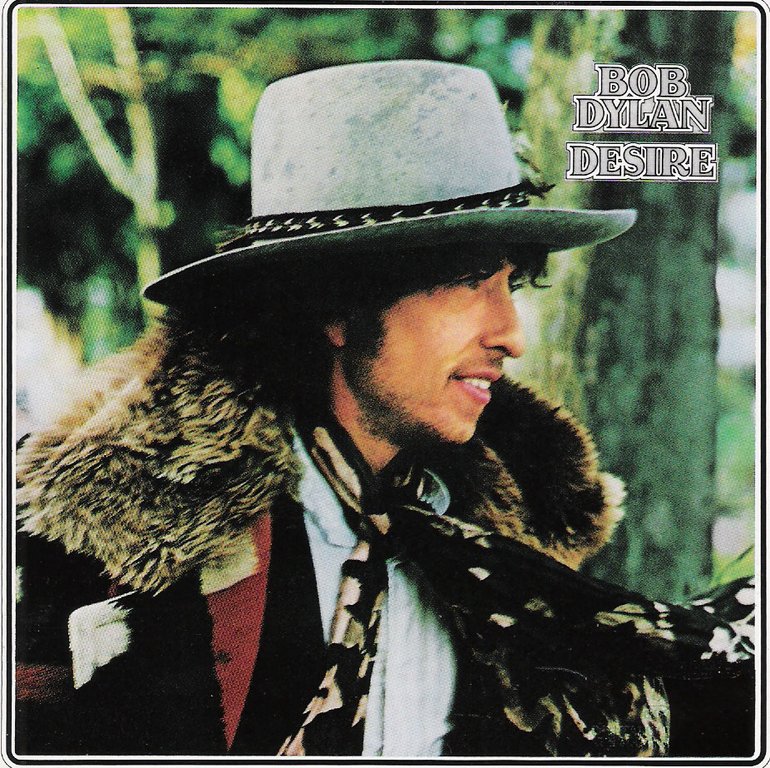 And even admitting to those shortcoming – the most obvious and unsalvageable being Joey – many writers place the album among his best.
And even admitting to those shortcoming – the most obvious and unsalvageable being Joey – many writers place the album among his best.
But seemingly he wasn't that attached to the songs.
And after the Rolling Thunder Review, and especially his Christian period, most of its songs dropped from setlist.
Not one of them is in the top 100 songs he has played live since.
You can hear Desire at Spotify here.
There is much more about all parts of Bob Dylan's career at Elsewhere starting here.
.
Elsewhere occasionally revisits albums -- classics sometimes, but more often oddities or overlooked albums by major artists -- and you can find a number of them starting here

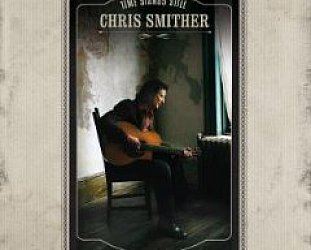
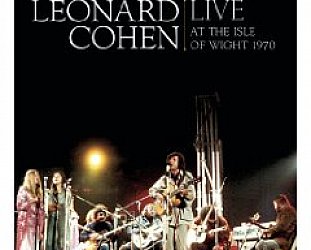
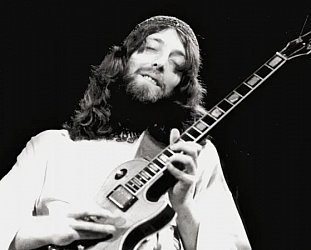
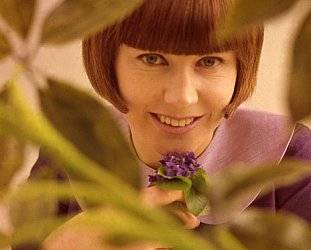
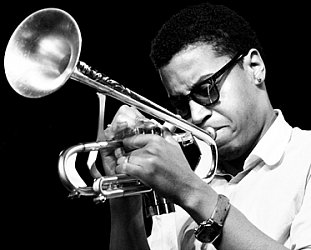

post a comment